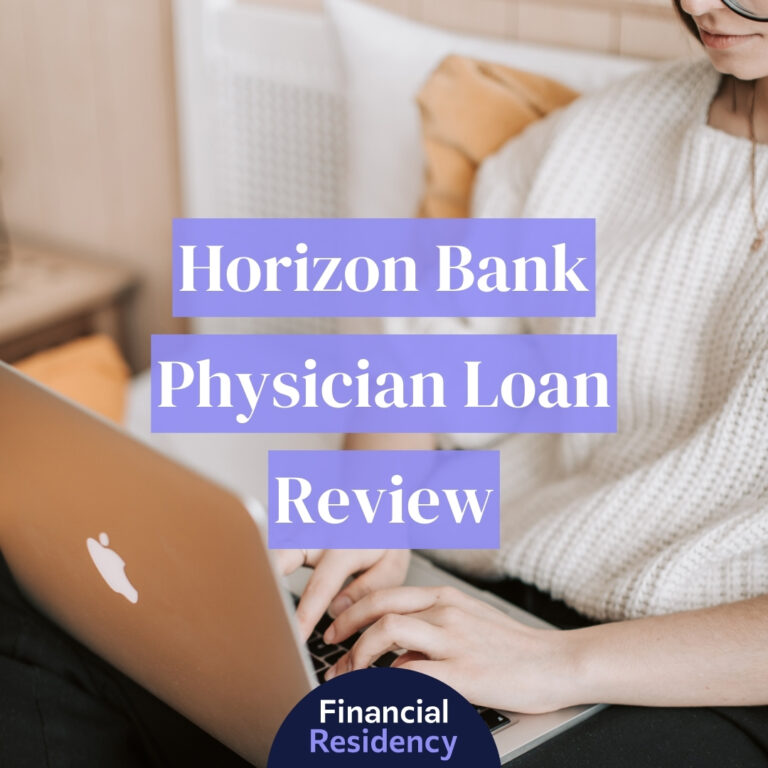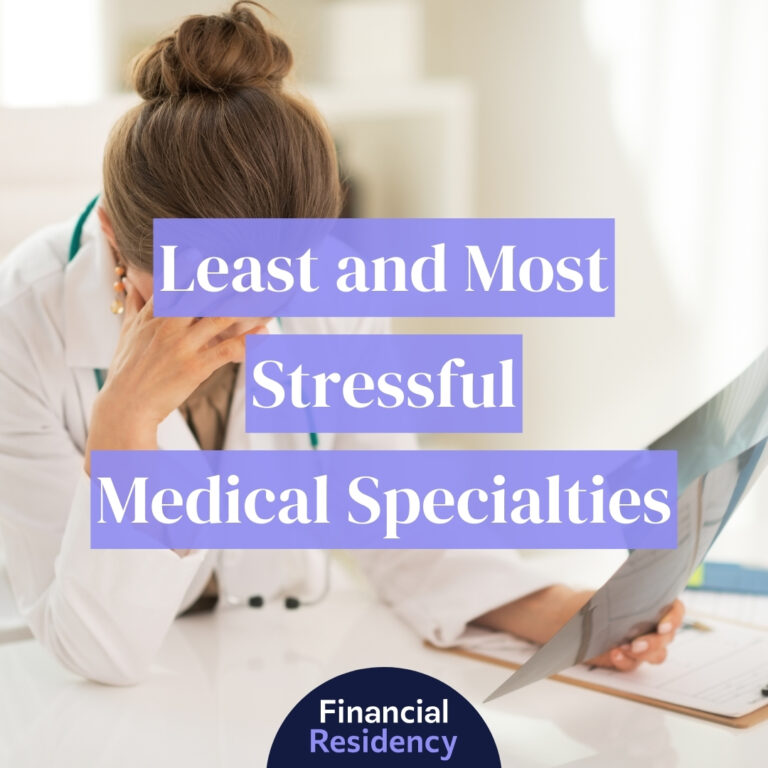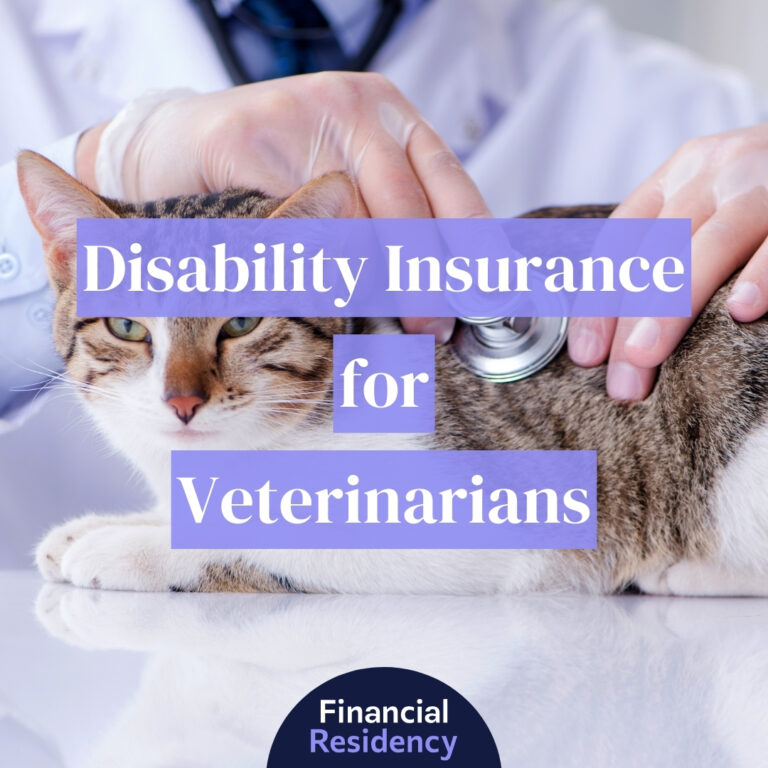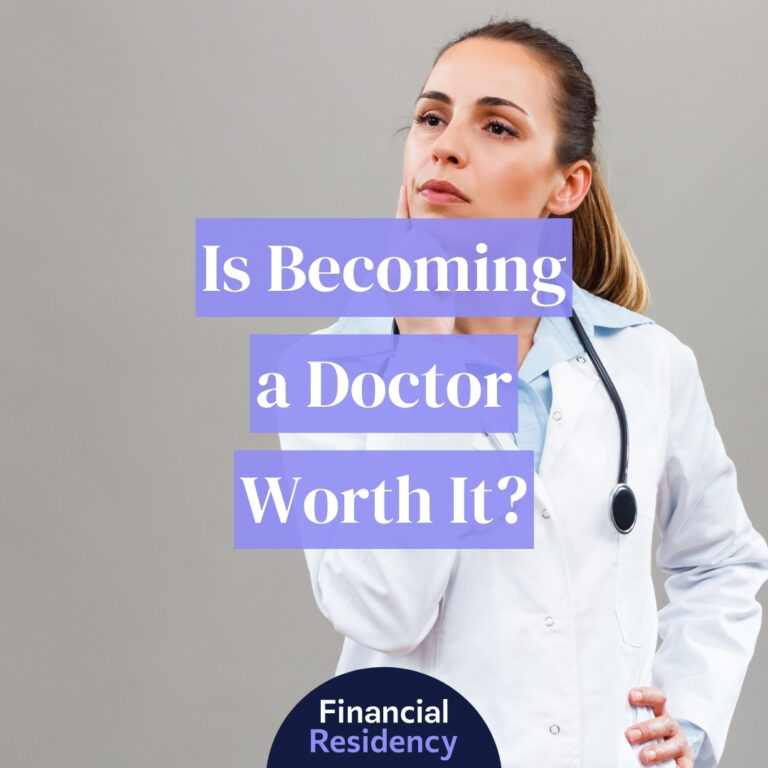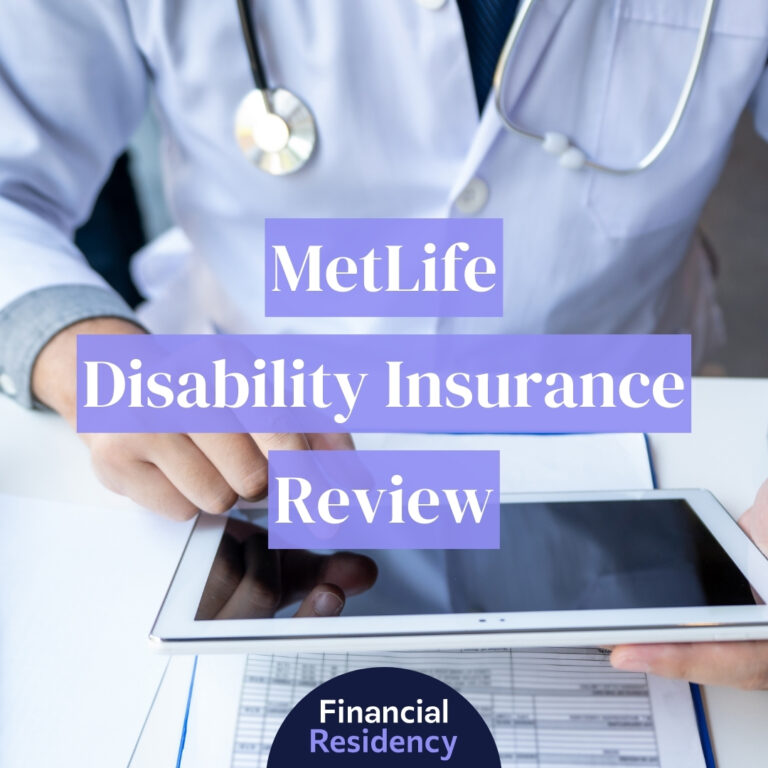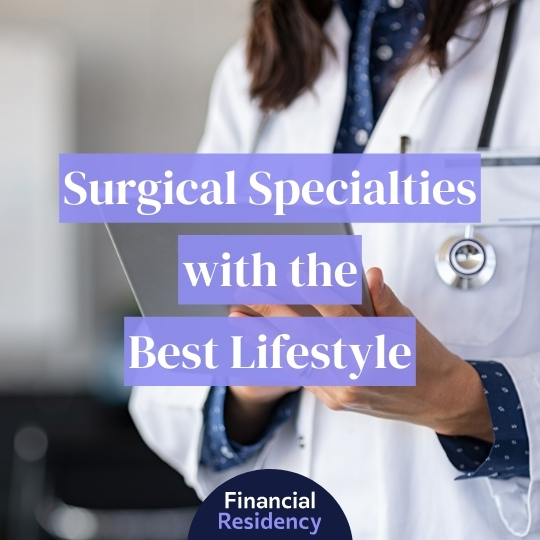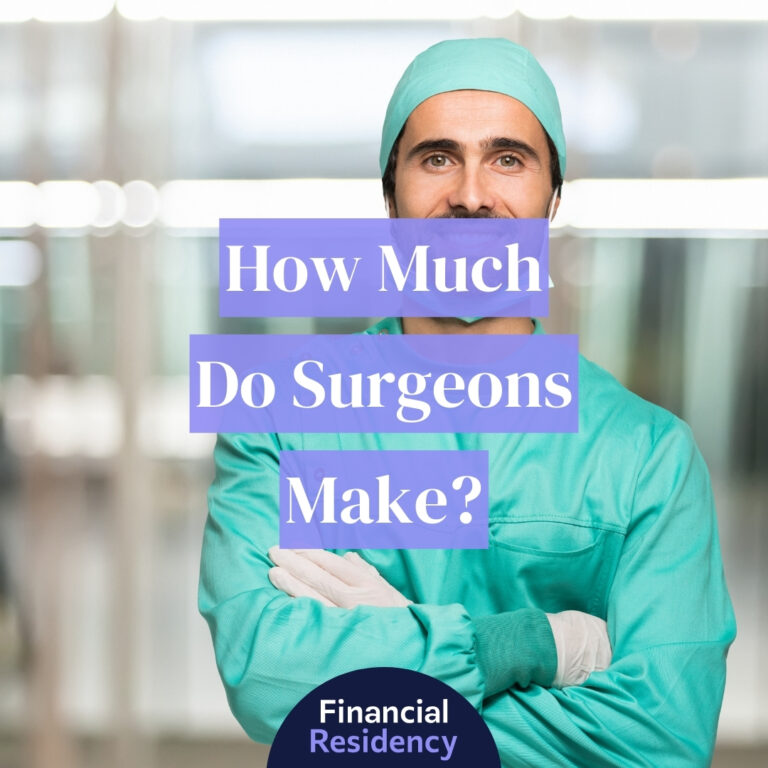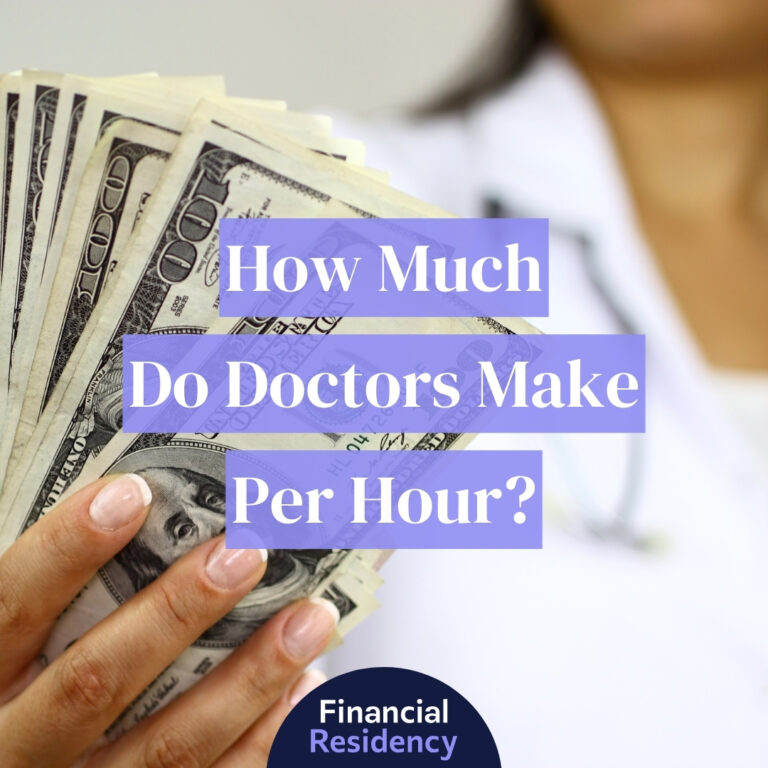Financial Residency partnered with an anonymous foundation to give away $55,000 in scholarships over Halloween season 2021.
We originally set out to give ten scholarships of $5,000 each, but due to the generosity of our anonymous sponsor, we were able to exceed that and award 11 lucky recipients $5,000 each to help them on their medical journeys.
This was a really special opportunity for us.
Meet the recipients below.
Meet the recipients
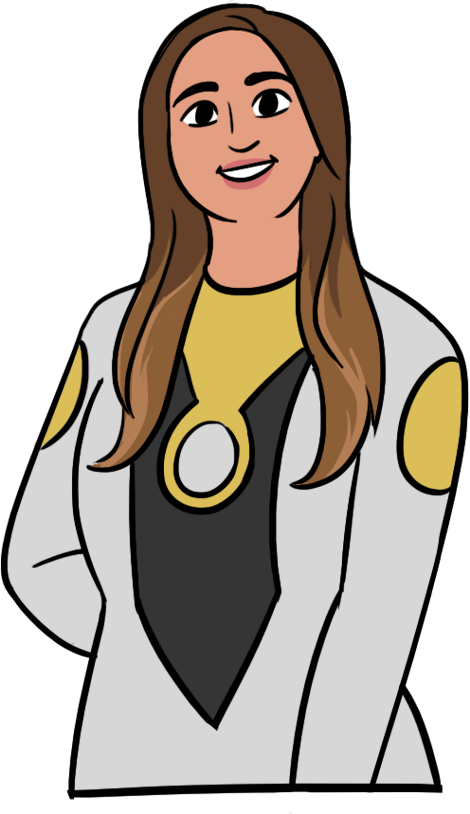
Nicole Kloosterman
Whether it’s the piping-hot beef empanadas that my mother spent the day delicately folding, my grandmother’s crispy milanesas we helped her bread, or the scent of saffron that filled my home whenever my father cooked his famous paella, the one thing I have always associated with my family is food. The sacred space around our dinner table was my first sense of community and proved vital for expression in my native tongue, a celebration of my culture through storytelling, and ultimately the blending of my family’s history with my future in the United States. Through the memories created from our hours-long nighttime meals, I have developed an utmost appreciation for the transformative way in which our sensory experiences shape our own interpersonal interactions. My decision to pursue a career in otolaryngology is rooted in my desire to provide both medical and surgical care that will impact my patients’ ability to connect with others. In the past four years, I have maintained a focus on leadership, advocacy, and research within my clinical practice to better serve a diverse patient population. As an aspiring surgeon, I will use my background as a collaborative leader and innovator, leveraging communication and community to address pressing health issues in otolaryngology. In particular, I hope to spend my career in an academic setting working on research and medical education initiatives that blend my passions for health equity, public health, and global health with otolaryngology in order to impact underserved populations and promote underrepresented minority students into medicine.
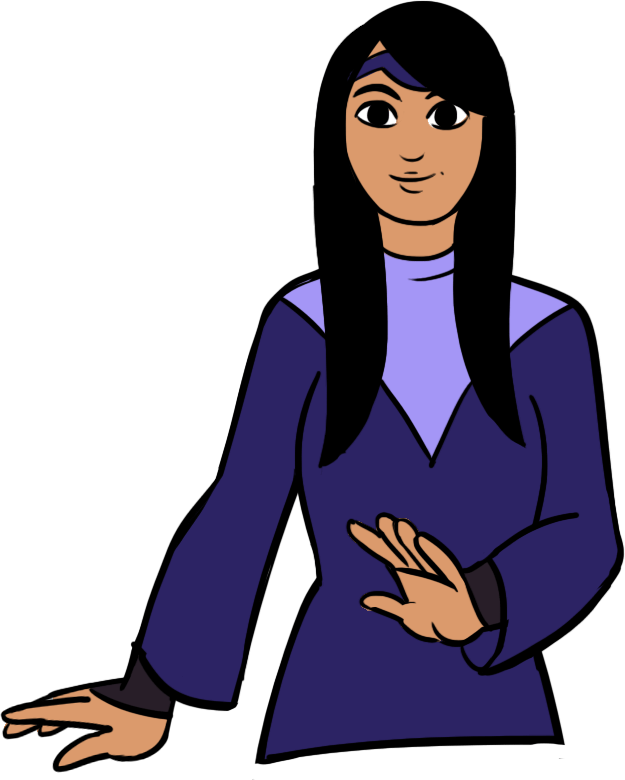
Rasagna Kosaraju
There are too many times that a person’s zip code and background determine their health outcomes. Changing our current health systems to work for underserved populations is very important to me. I believe that by working within our system, in conjunction with advocating for health policy changes, we can see structural shifts in the health of our most vulnerable communities. I would like to work at the educational level, provider level, and policy level to push for the changes needed to create equitable care for underserved communities.
My career path in medicine began when I saw how the immigrant community I grew up in was not served appropriately. My mother had procedures aimed at sterility when she did not understand the consent form – this was chalked up to communication barriers. When I was ill in high school, I saw firsthand the lack of empathy in our health systems for the families going through hardship. After many years in research, I returned to clinical practice to see there was still so much progress to be made. Working with clinicians in DC opened my eyes to how policies make a seismic impact in health practices and thus to individuals’ well-being. I want to advocate for policy change like they have been doing for their communities. Currently, in medical school, I see gaps in our curriculum which I am actively working to fill and hope to continue to do because we owe it to future patients to know how to best advocate for them.
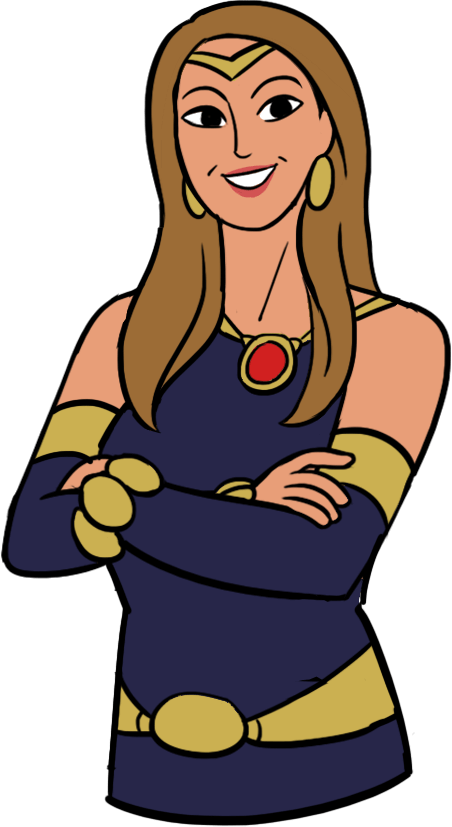
Alexandra Brito
It was ultimately my love of language that led me to medicine. Studying French in high school and as an undergraduate student, I become fascinated by the way our brains acquire and process a new language. As an immersion learner, I found myself auto-processing conversations and dreaming in French. I set out to learn more about what made this transition possible by measuring the brain’s electrical activity while having people read in their second language. When I learned about patients who lost language function after stroke, a condition called aphasia, I decided that pursuing medicine, and specifically neurology, allowed me to use my knowledge of language to help those who had suffered a brain injury. As I start my journey as a neurologist in residency, I look forward to familiarizing myself with the breadth of neurological conditions that patients face in addition to delving deeper into specific clinical and research interests, namely memory disorders, stroke, and aphasia. Following residency, I plan to pursue fellowship training in either cognitive or vascular neurology. The need for neurologists, particularly in these areas, is growing with an aging population. Underserved patient groups are especially impacted by the mismatch in care. I will continue outreach I have begun in medical school as co-director of neurology at a free clinic by engaging in community outreach programs established at many urban academic centers. The work that lies ahead in residency will therefore be both challenging and fulfilling, as I learn to speak the language of my patients.
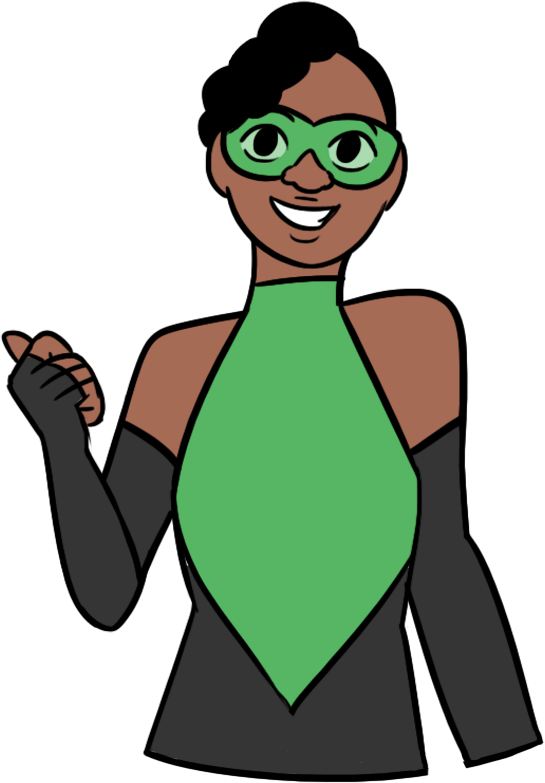
Whitney George
The goal that brought me to medicine is becoming a primary care physician like the doctors who have cared for me throughout my life, as well as those who I see advocating and educating about issues relevant to their communities. I want to form long-lasting relationships with my patients to help them understand how to live healthier lives.
I am planning to pursue a combined Internal Medicine and Pediatrics Residency to become a Med-Peds physician, practice general medicine, and care for patients of all ages. I may be most excited to follow patients from childhood to adulthood, a crucial transition where healthy habits are created and independence is forming. To prepare, I want to experience as much as I can in different adult and pediatric specialties in medical school and residency and bring that knowledge to my future general practice. I also prioritize gaining skills in community partnership and advocacy now. This is an essential part of my future as a great doctor for my community, and will include mentoring students, especially minorities who are underrepresented in medicine; advocating to protect the rights to informed and safe family planning; and conducting research with communities instead of on them to help improve the conditions of their lives. I will dedicate my medical career to caring deeply for my patients of all ages by continually learning and growing with them to make sure they have the opportunities and information to make safe and healthy choices for themselves and their families.
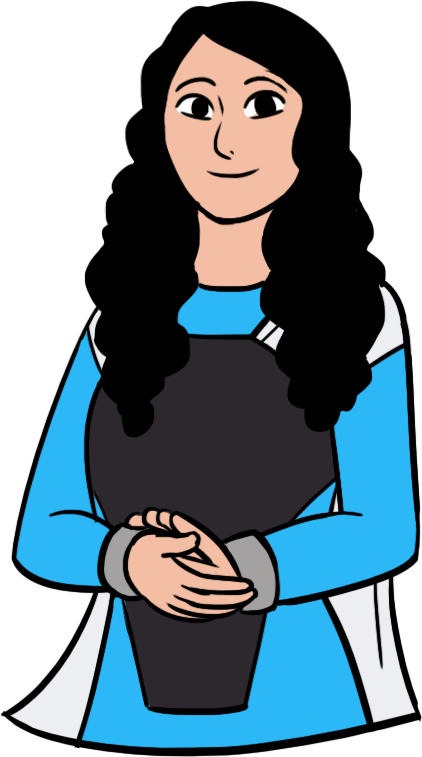
Ariana Mirzada
As a third-year medical student at Temple, I am on the path to becoming a pediatrician so that I can continue advocating for vulnerable communities and children. I currently serve asylum-seekers through the Philadelphia Human Rights Clinic. Alongside my medical education, I am receiving a Master’s in Urban Bioethics so that I may develop practical tools to assist underserved patients facing healthcare disparities and preventable chronic illnesses. With my medical education, I will continue working with refugees and those from my family’s homeland of Afghanistan. I have worked in Greek refugee camps and with women and children from Afghanistan, but my contributions will be more meaningful with medical training. I work with WISE, an NGO that empowers Afghan women and children by improving access to maternal healthcare and education. Afghanistan’s maternal mortality rate is among the highest in the world and as a future Afghan-American pediatrician, I will have the clinical and cultural understanding to better advocate for the health and education of these mothers and their children. The chance of helping one person motivates me to continue my advocacy work. My experiences and cultural understanding have strengthened my dedication to serving refugees, asylum-seekers, and women and children. With the unique combination of a medical and urban bioethics education from Temple, I will continue to advocate for and work with these vulnerable communities inside and outside the hospital. I believe my duty as a future physician and bioethicist is not to treat illnesses, but to treat patients in their entirety.
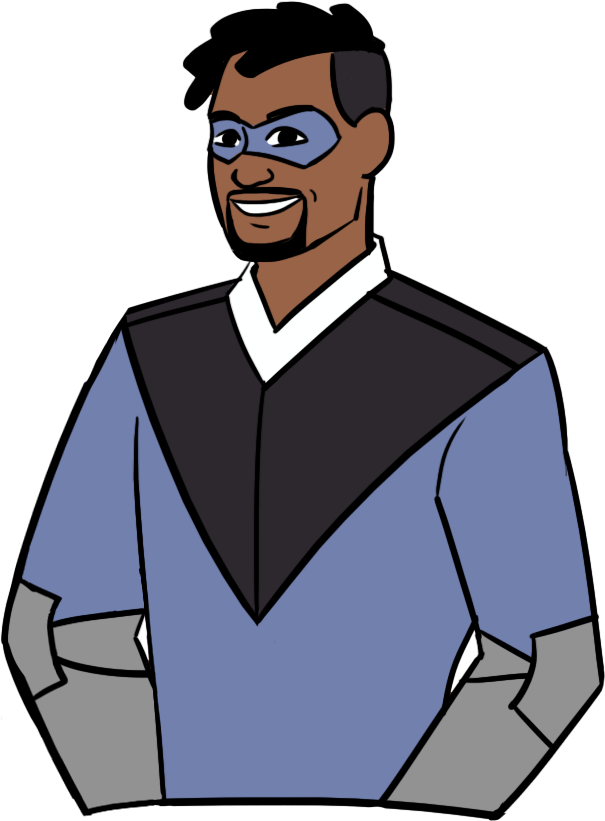
Taylor Robinson
It all started ten years ago; I was only fourteen at the time. I was sitting in my high school healthcare class watching “Gifted Hands”, and for the first time, I saw someone who looked like me behind the operating table- Dr. Ben Carson. Ever since I was a boy, my grandfather encouraged me to go into medicine to do God’s work and take advantage of my affinity to science and technology. However, up until that point, the only black professionals in this field I had seen were an astrophysicist and a single science teacher. I had always been fascinated with how scientific discovery improves human life, and after I saw what was possible, I wanted to be a part of that. I knew from that moment that I wanted to become a surgeon and innovator. After studying engineering and performing thousands of hours of biomedical engineering research at the University of Kentucky and, for the past two years, accumulating clinical experience at Vanderbilt School of Medicine, I feel that I have positioned myself to develop new medical technology. Since being accepted, I have taken advantage of the university’s wonderful array of opportunities. I chose to devote an entire year to researching new surgical treatments for cancer. My future educational goals include continuing surgical research, gaining experience in technology development, and of course amassing as much clinical experience as I can before residency training. With these experiences at Vanderbilt, I plan to contribute to the advancement of modern surgery.
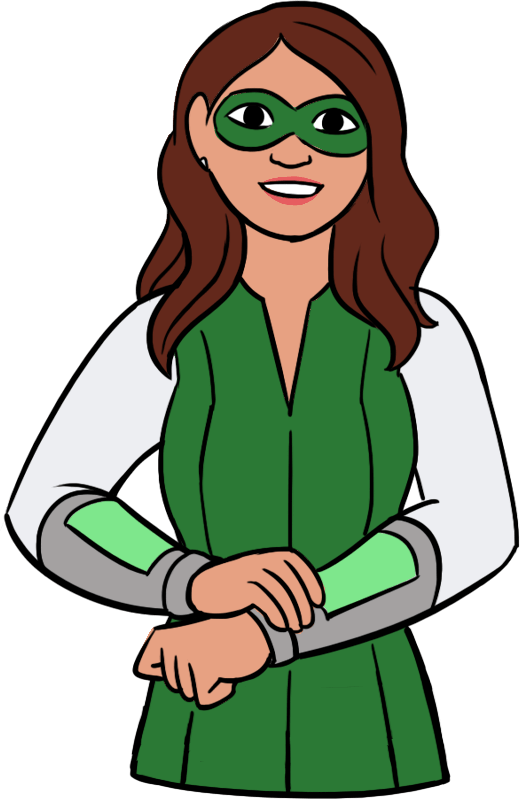
Jelyn Eustaquio
My goal is to become a critical care physician. My motivation to pursue acute care comes from the realization that human life is fragile. Humans are vulnerable to traumatic injuries due to accidents or natural disasters. Many involve in lifestyle activities that put them at risk for life-threatening illnesses such as stroke, cancer, or heart attack. Being able to provide optimal care to those who are ill, during times of utmost vulnerability, and helping them regain their health and independence is the noblest profession I can imagine. As a future physician, my goal is to find real interventions and tangible solutions to ease a patient’s pain using medicine in both clinical and research settings.
I intend to continue my work in addiction medicine and address substance use disorders in our society. Growing up, I saw how it destroyed many lives. In addition to lack of health care, substance abuse was prevalent that afflicted many. I have made it my mission to contribute to addiction medicine and improve care for patients who have chronic pain and need pain management.
I want to devote my life in pursuit of improving other people’s lives. Being able to care for patients means I can help those who were once weak and in pain, and later see them regain their strength, stand up again, and live a full life. My greatest wish is to have the chance to do more in service of those who are sick, vulnerable and ease another soul’s pain as a physician.
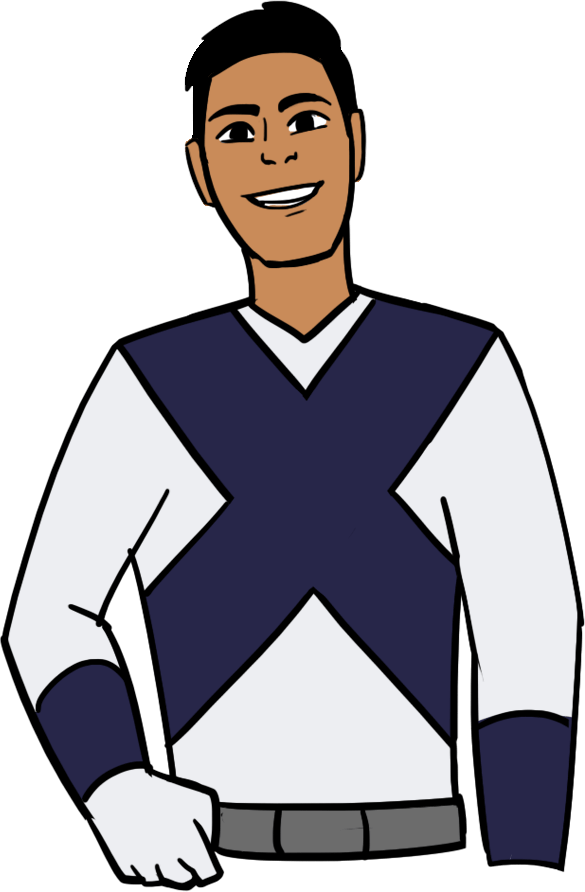
Daniel Ragheb
I was 14 years old when I woke up to my frantic parents shaking me. Syncope had been my first symptom of an unknown disorder: I had a congenital bicuspid aortic valve that had progressed to severe regurgitation and cardiomegaly. Surgery was our only option. Yearning to be a part of my own treatment plan, I coped by delving into the literature I had no hope of understanding.
Although my initial attraction to the field of medicine was largely emotional, intellectual curiosity quickly followed. Today, I hope to continue nurturing both the emotional and intellectual connection I have with the field of medicine as I pursue my MD degree. I plan on taking an additional year to pursue a master’s in either public policy or public health, as well as to conduct research in the cardiovascular field. With these additional opportunities, I hope to create the foundation for a future in which I can practice medicine, but also add to our clinical knowledge through research, teach the next generation of physicians, and advise on public health policy at a local or national level.
In practice, I am still undecided. I entered medical school with that initial passion in cardiothoracic surgery that I still hold, but have since found immense joy in almost every field I’ve had the opportunity to treat patients in. I predict it’ll be quite difficult to narrow down my final field of practice in a year, but until then, I am excited to continue learning.
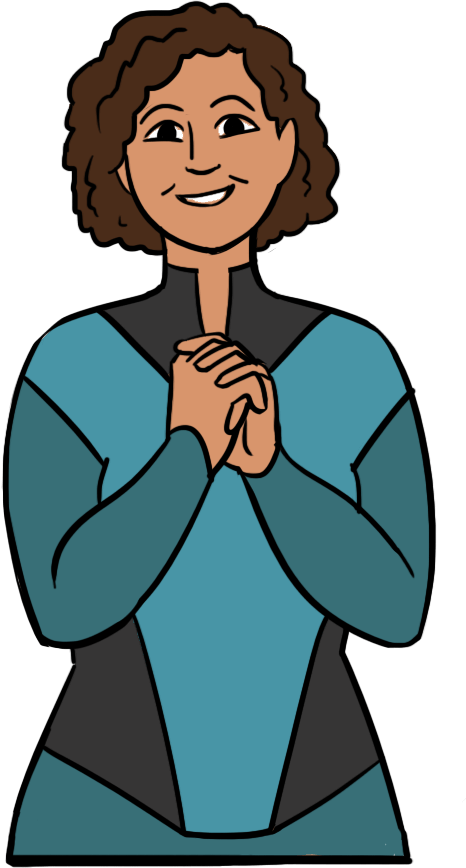
Carissa Longo
After my service year with AmeriCorps Oregon Health Authority, I was inspired to pursue health policy initiatives and sustainable advocacy opportunities while journeying through medical school. One of my greatest accomplishments so far is creating a partnership with Florida Voices for Health to raise awareness and campaign for Medicaid expansion in Florida. My role involves collecting personal stories from patients at our free clinic about their experience going through healthcare uninsured or underinsured. I also gather demographic and financial info to help determine their Medicaid eligibility and provide eligible patients with Medicaid enrollment resources. Additionally, I joined UFCOM’s Patient Advocacy Track, where I serve as a care coordinator to patients with varying economic, social, and educational backgrounds. My responsibilities include accompanying my patients to their appointments to ensure their concerns are adequately addressed, providing local health and financial resources, and serving as a safe reliable source for personal or health-related guidance.
Since matriculation, I have had the opportunity to explore and engage in meaningful health advocacy work focused on bettering health outcomes within the Gainesville community. With each experience, I have gained invaluable insight into what it means to be a physician. Being a physician is more than simply practicing medicine; being a physician is embracing the social responsibility of advocating with your patients beyond the exam room. I aspire to integrate my passion for health policy and advocacy into my practice in order to provide holistic care addressing the social, political, and economic facets of medicine.
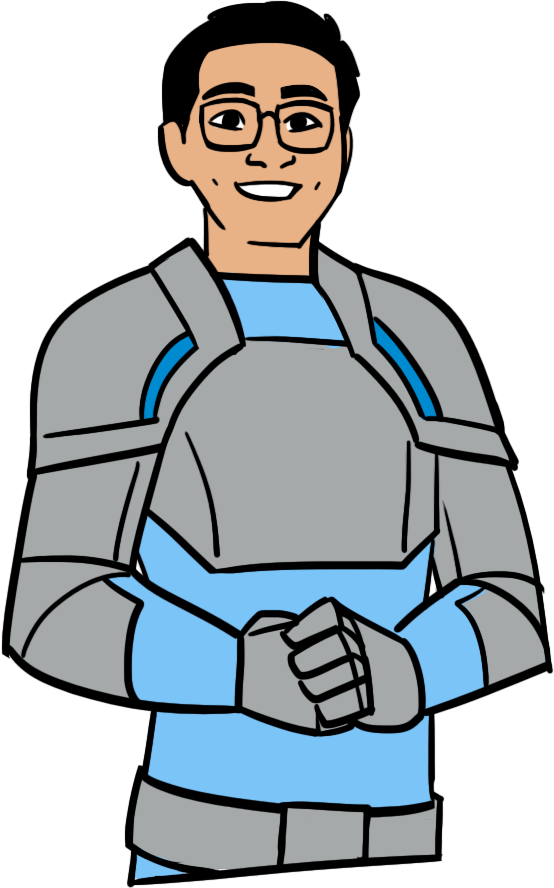
Brian Hou
Growing up in a poor household with parents working long hours, I took on a caretaker role for my younger brother. Our relationship has motivated me to build a medical career on the foundation of sharing basic human moments with others. In college, I developed a passion for videography, fueled by the desire to capture moments that allow people to connect over shared experiences and memories. This same focus has carried over into my clinical experiences. In the Emergency Department, I took care of patients’ basic needs, occasionally pushing around a cart of food and beverages to offer nourishment and conversation in addition to clinical care. One night, I recall handing a college-aged patient a turkey sandwich, upon which she and her friend giggled and enthusiastically thanked me. These fundamental shared human moments of laughter, joy, and exploration are deeply profound to me. The turkey sandwich may not treat that patient’s symptoms, but this interaction facilitated a basic connection between us. These moments have allowed me to cultivate my own journey as the first member of my family to enter medicine.
I envision a teaching career founded on shared emotions as I hope to train future medical students and residents. Fostering connections with my colleagues in addition to my patients is a crucial step towards transforming the current state of medicine into one that is inclusive and welcoming. Hence, I anticipate a physician-educator career at an academic hospital in a hands-on didactic field of pediatric orthopedic surgery.
